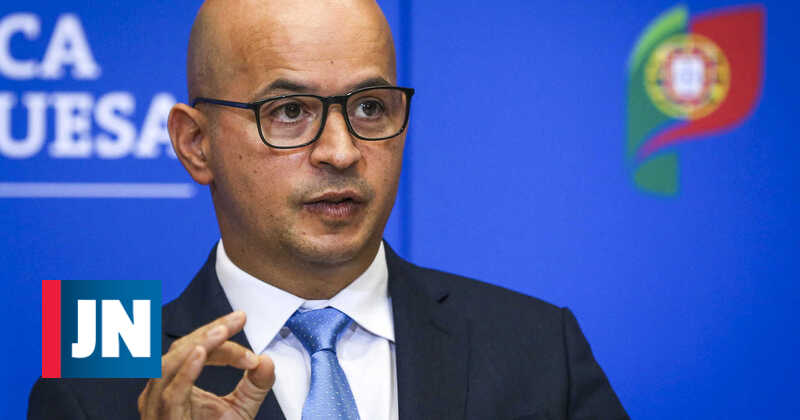In late 2020, Parliament banned the finance minister, but millions attended.
At the end of 2020, the state budget for 2021 (OE2021) was held by a thread due to Novo Banco (NB). A parliamentary majority (BE, PSD, PCP, and PAN) blocked the intention of the Government and the Minister of Finance to keep spending appropriations in the OE in order to be able to inject more funds into the NB.
But at that time, the minister immediately warned: the state is a “good person” and will honor the contract you signed. And it was. Despite the failure of Parliament in June, the NB received the first part of the aid (317 million), and last week, the remaining part that was in doubt received another 112 million. In total 429 million previously agreed.
The money was raised using a banking syndicate, but was later injected into the Resolution Fund (a public entity representing expenses) which then funneled millions into NB.
But, how does Parliament stop the transfer to the National Bank, where politicians shout “No more than a penny”, and the money ends up going anyway?
The Technical Budget Support Unit (UTAO), coordinated by Rui Nuno Balleras, explains the “alternative” accounting scheme created to circumvent the Parliament blockade.
In 2021, the initial expenditures of the National Bank of Bahrain amounted to “317 million euros, the financing of which was obtained entirely from financial companies”. “This payment was then recorded as a capital transfer (actual expenditure), and not as stipulated in the SO 2021 proposal (expenditure on financial assets of financial companies).” Law 2021 OE “did not consider the budget allocation to the National Bank in the form of assets, nor capital transfers.”
However, “to complete the capitalization, the expenditure was recorded as a capital transfer, with the total appropriation of the Fund being enhanced in actual spending by the amount necessary to absorb it, through budget changes within the purview of the government (to compensate for the increase this maximum, reducing other entities placed in same funding program) ”, explains UTAO. “In this way, the government has found an alternative accounting process to the one rejected by Parliament to implement the general capitalization of the bank,” which has cost Portuguese taxpayers 7.9 billion euros by 2020.

“Wannabe internet buff. Future teen idol. Hardcore zombie guru. Gamer. Avid creator. Entrepreneur. Bacon ninja.”

